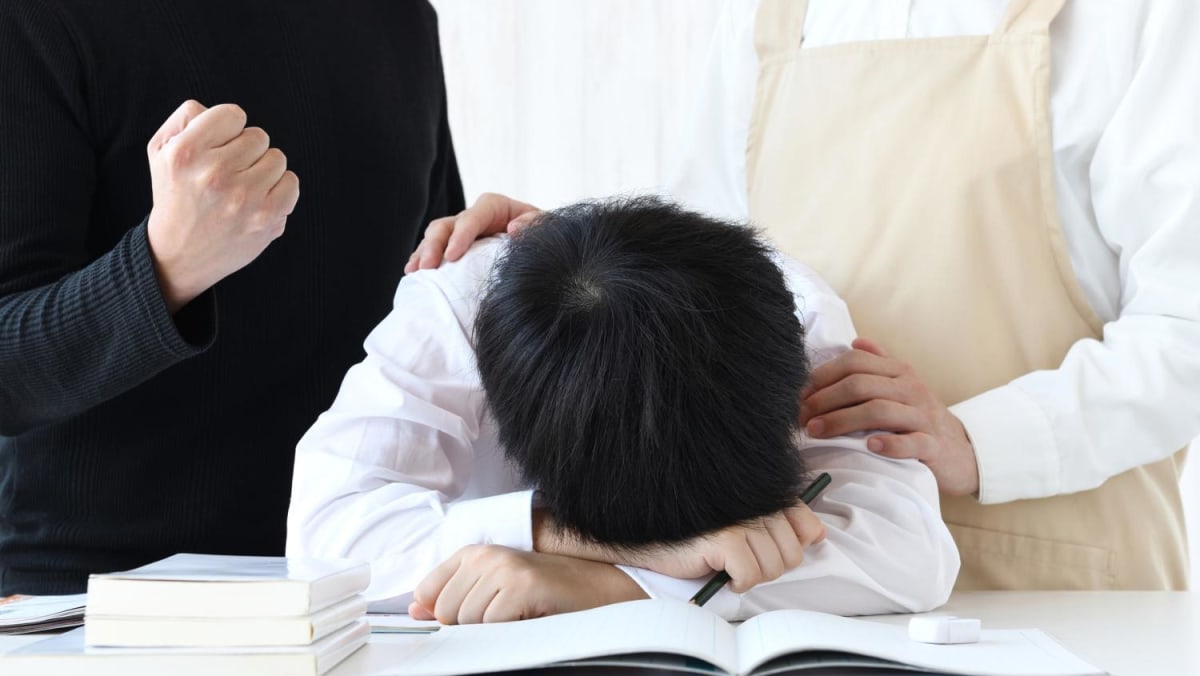
HAPPY CHILDHOOD OR ACADEMIC SUCCESS?
Many parents start off determined not to be a kiasu parent. But as their children enter primary school, they begin to feel stuck between a rock and a hard place – to either fail their children in academic success or a happy childhood.
As a former teacher in Singapore and a mother of two children, my personal journey has inspired me to investigate the influence of kiasuism on parenting in a doctoral study.
As interviews with more than 30 participants reveal, the challenge of aligning with national curriculum standards resonates deeply with parents.
While some embrace the idea of a more playful childhood for their children, they cannot help but fret about the widening gap in academic expectations between preschool and primary school.
“When they’re young, they get to play, learn at their own pace. Then suddenly, in Primary 1, they must know how to read. If they don’t know how to read, they will lose out because they cannot do all their homework,” Emma, a mother of two preschoolers told me.
This challenge is further compounded by the substantial class sizes in primary schools, where the average class hosts 40 students.
For many, providing tuition support emerges as a strategy in bridging educational gaps, even if they initially harbour reservations about supplementary classes. It’s not uncommon for students to have multiple tuition classes, sometimes even on weekends.
AJ, a father of three, shared his journey: “I resisted engaging a tutor until my boy was in Primary 4 and I realised he was struggling.”

